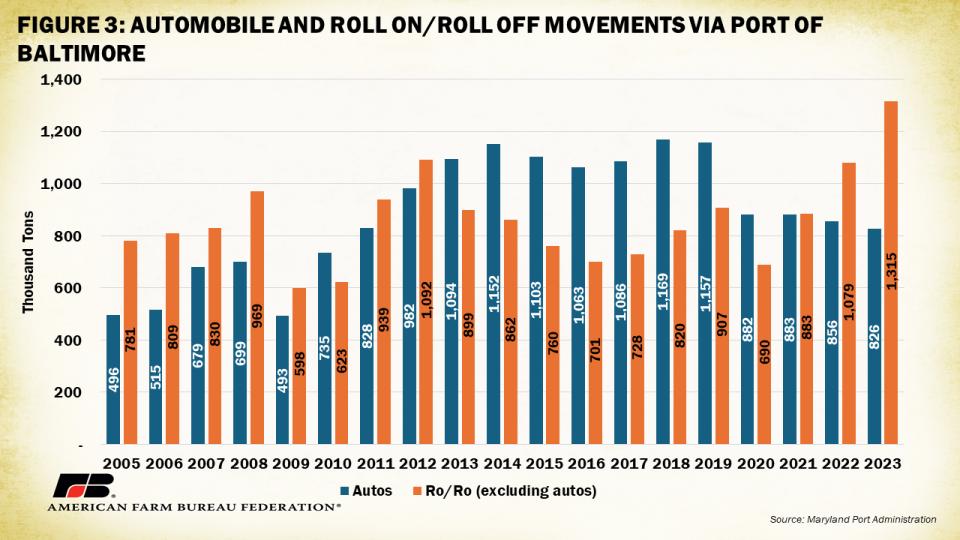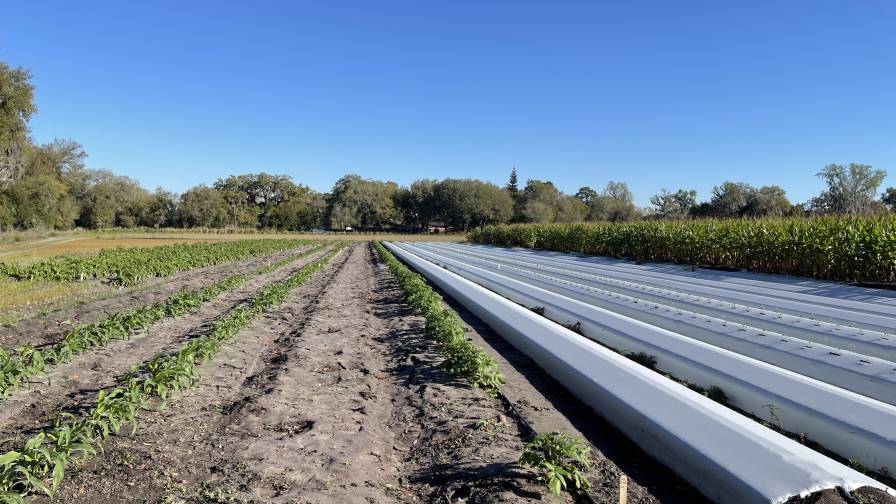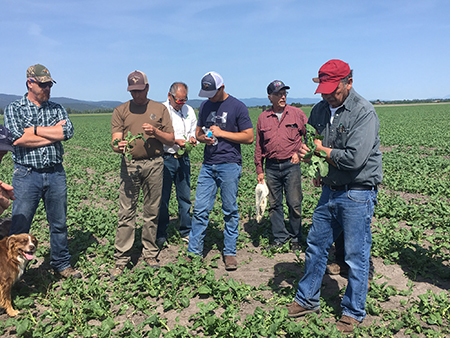What Impact Will the Key Bridge Collapse Have on the Agriculture Sector?
The collapse of Baltimore’s Francis Scott Key Bridge following a container ship collision shocked the nation and tragically claimed the lives of six people. In the aftermath, questions have emerged about the potential impact on agricultural markets. The Port of Baltimore is responsible for moving 0.3% of U.S. ag exports and 2.1% of imports, meaning its impact on overall U.S. ag trade is quite minor, reports the American Farm Bureau Federation. Despite its limited role, its significance in providing access to international markets for businesses, including farmers, should not be minimized.
Industries reliant on the port appear to face more imminent challenges, while longer term supply chain disruptions may lead to increased prices and logistical hurdles for farmers awaiting inputs.
Of all ag-related businesses, sugar refineries appear to be the most exposed to possible negative impacts from the Port’s closure. Nearby refineries, however, have assured customers they had six to eight weeks of raw sugar on hand before operations could potentially be impacted.
Ag equipment manufacturers may also face challenges. Roll on/roll off (Ro/Ro) vehicles which includes farm and construction machinery, are common passengers through the Port of Baltimore. Since 2010, more than 600,000 tons of non-automobile Ro/Ro cargo have transited the port each year. Since 2022, the volume of Ro/Ro vehicles has even surpassed automobiles – one of the Ports most served industries. In 2023, more than 1.3 million tons of Ro/Ro cargo crossed Baltimore terminals. The inability of farmers, domestically or internationally, to receive equipment they ordered could have a significant impact as spring planting season arrives.

The Association of Equipment Manufacturers noted the port is a “very important part of our industry’s ability to ship equipment and equipment components all over the world” but also shared, “it is too early to predict the impact currently.”
Data on the impact of the Key Bridge collapse to other important inputs, such as fertilizer, is limited. Supply chain issues usually lead to higher prices for goods, and it would not be surprising to see the local price of inputs tick up in response. Most farmers have likely already paid for their fertilizer supply for the year, but for those in the region waiting on shipments, diversions may cause headaches.
For more, continue reading at fb.org.





